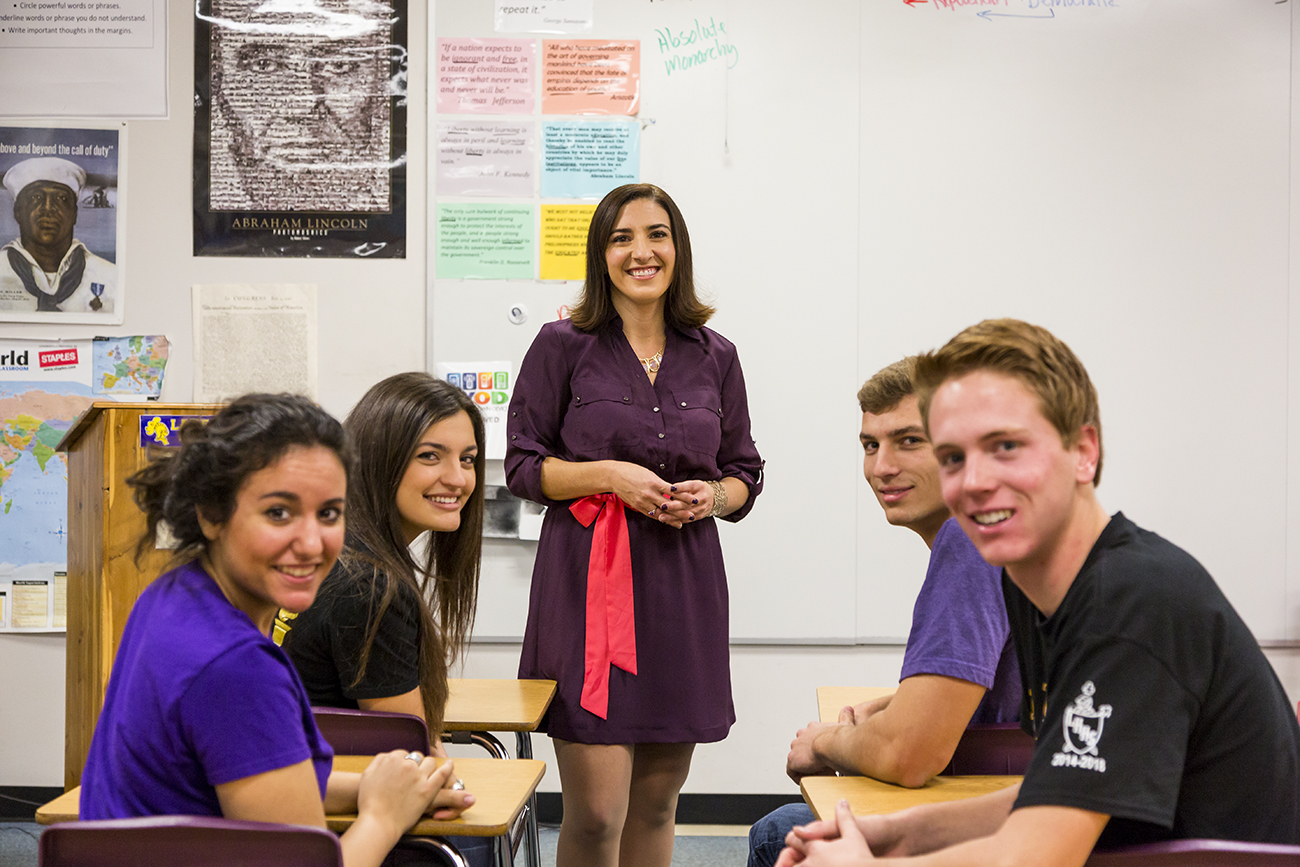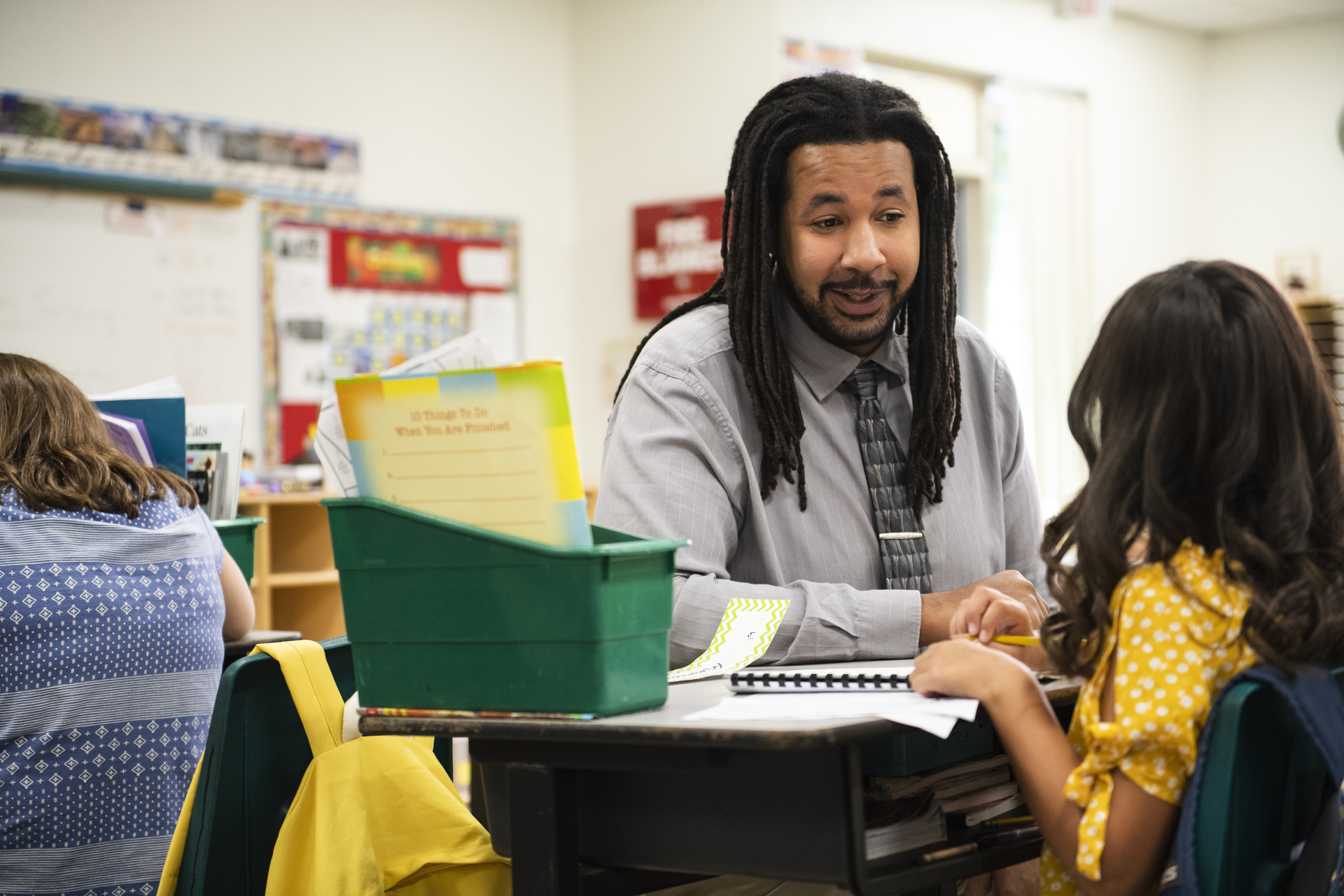August 10, 2016
New Year, New Students
Build classroom rapport with these five steps.
When it comes to top-notch classroom management, there may not be a single tool or strategy more important than your own rapport as a teacher. The heavy truth is that the way students view you affects classroom culture, work habits, behavior — the list goes on. And it starts the very first day of school.
Developing your rapport isn’t a chore, but it is something to be refined. Here are some tips to set you up for success.
- A smile goes a long way. We’ll never know what secret battles our students are fighting — so making our presence a consistently positive and safe one is paramount to building trust. Body language and respectful tones make a huge impact on moving students’ brains into the learning zone, not to mention that demonstrating respect and kindness prompts kids to do the same.
- Personalized attention. Greeting students at the door with their names, giving out handshakes and high-fives, and remembering details about their lives outside your classroom shows that you’re invested in more than their ability to perform academically. And every now and then, step up your game. Play zombie tag with them at recess, volunteer at the school carnival, chaperone a dance, or root for them at a game. Trust me, they notice.
- Be real. You are not a robot, and the more well-rounded you seem, the more likely they’ll connect with you from the start. Don’t be afraid to tell a story from your years as a student, chat about your impressive comic book collection, or show off pictures from a trip you took. Even if your interests are different from theirs, students will appreciate knowing more about you.
- Know their world. We’ve all seen teachers, young and not-so-young, try to appeal to their students in inauthentic ways — trying to speak and dress to be “cool” for their students, for example. That is not what knowing their world is about. We’re talking about keeping up with current global events, technology, and community needs. Know the world you’re training your students to enter, and promote age-appropriate discussion and critical thinking about it.
- Enforce expectations. Building rapport is also about maintaining healthy boundaries and ensuring that your classroom environment is a positive experience for all who enter. Students will test your rules and try to fly under your expectations; it’s your duty to protect their right to learn. Communicate your standards and invite their input and ownership whenever appropriate.
Building natural, intentional rapport bonds all of the other pieces of your classroom management plans together. The best part? It is the best part of our jobs. Investing in our kids from the get-go and making connections to help them learn and grow… That’s what we signed up for.











